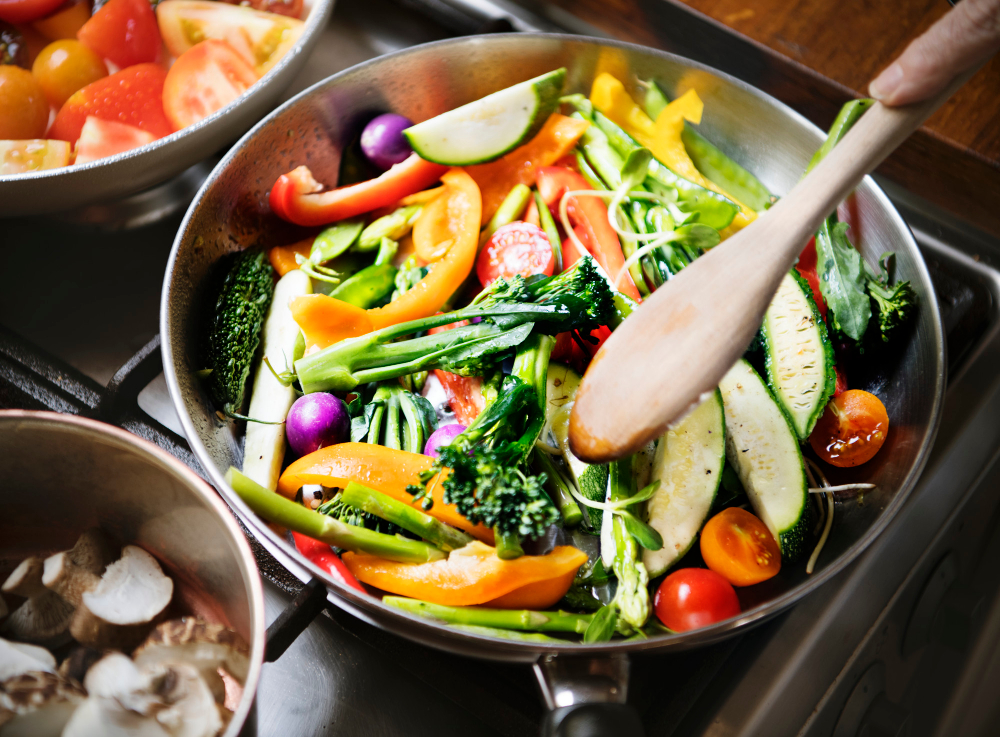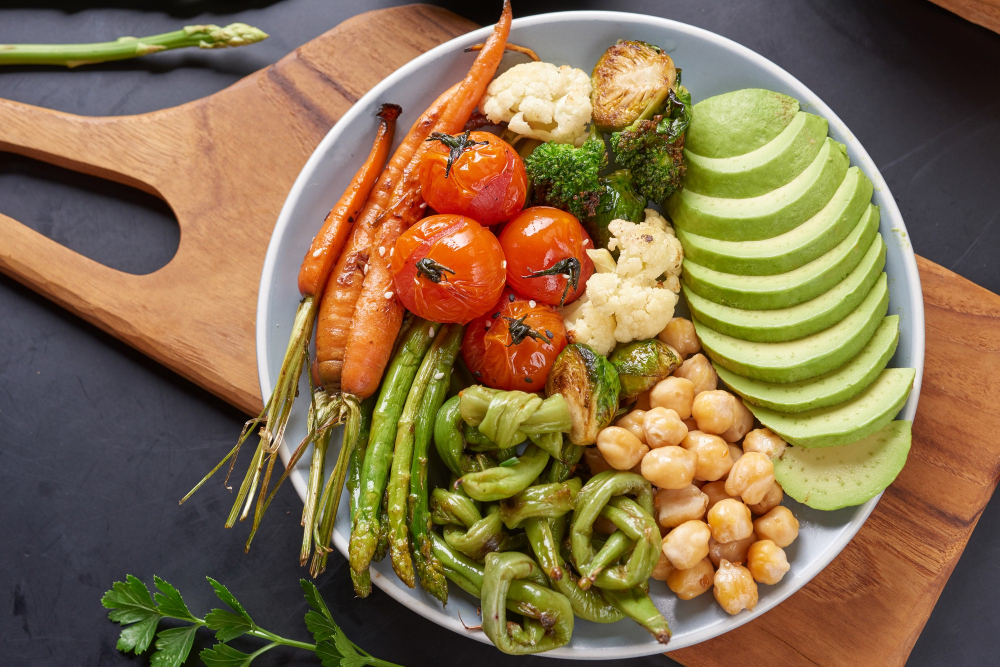Have you decided to eat vegan food? Do you know many people who follow this eating tradition? Probably two of your top priorities are your concern for the environment and your desire for a healthy diet.
What kind of individual would be vegan? Recognize that adopting a vegan lifestyle only entails refusing to consume goods and services that are either made with the usage of animals or have their origins in them.
Food is the most visible part, but it doesn’t end there. Clothing, toiletries, cosmetics, medicines, transportation, research, work help or entertainment cannot include animals either.
Difference between vegan and vegetarian food
Within the universe of vegetarianism, there are different possibilities, depending on which fish, eggs and dairy products are consumed. Flexitarians are vegetarians who, in some cases, consume animal products.
People who have a purely vegan diet, therefore, do not eat meat, fish, eggs, dairy products, gelatin or honey and its derivatives. It’s a very diet-limiting way of life and requires good planning to make sure you’re eating a healthy vegan diet.
Can we consider vegan food healthy?

But, would it be healthy to lead a life guided by vegan food? Know that everything will depend on how balanced your life is. Vegans often have to consume food supplements in order to supply some nutrients of animal origin and their diet is not exempt from the so-called fast food.
An analysis that checks the good health of a person is always recommended, before any change in diet. And that change is progressive.
Like anyone else, vegans should periodically check chemical levels or parameters and avoid serious health problems. As we have already commented on this blog, the Mediterranean diet is a good standard, especially for good cardiovascular health.
Most recurrent deficiencies in the vegan diet and how to compensate for them
People who stop consuming foods of animal origin may suffer deficits in very important and determinant nutrients, for example, in the development of brain damage.
- Proteins: proteins are macromolecules formed by chains of amino acids that are involved in almost all biological processes in our body. In the case of the adult public, it is estimated that 0.9 grams of protein per kilo is necessary for maintaining health, and consuming essential amino acids that are acquired through the diet and are present, above all, in foods of animal origin. One of them is lysine, scarcity of vegetables, cereals and nuts. That’s why vegans should eat vegetables daily. Among them are the derivatives of game or wheat, such as tofu.
- Vitamin B12: In the case of vitamin B12, it is essential to maintain the functioning of all cells in our human body, participating in the regeneration of bone marrow and red blood cells. In addition, we are facing a vitamin that vegans should be careful to incorporate as a food supplement. The required dose is 2000 micrograms per week. If the vegan stops consuming this component, it can cause megaloblastic or pernicious anemia. If the component is missing for a long time, it can lead to irreversible brain damage.
- Vitamin D: This vitamin is constantly obtained by the sun’s rays and helps to make the synthesis and absorption of calcium. If a vegan cannot expose himself to the sun for 10 to 15 minutes daily, it is essential that he resorts to a food supplement. There are some vegetable drinks that have this component.
- Omega 3 fatty acids: Omega 3 fatty acids guarantee a number of benefits to our human body. In addition, it ends up contributing to the prevention of cardiovascular diseases, colon cancer and immune diseases. It is also an essential component for the development of the human brain. The alternative found by vegans for the consumption of these components is ground flax seeds and the usual use of olive oil. Foods rich in linoleic acid like flaxseeds, walnuts, canola oil and soybeans are also rich in omega-3 fatty acids.
More minerals for a vegan diet
- Calcium is a mineral that has a greater presence in our body, second only to water, protein and lipids. It is a fundamental component for the growth and regeneration of bones and the dental arch. It also performs numerous metabolic functions such as regulating the heartbeat. Dairy provides 80% of calcium in the adult diet and some vegetables rich in calcium, such as spinach, for example, contain oxalates that prevent its absorption. Cabbage, broccoli and arugula are more recommended, as well as yogurts or soy milk enriched with calcium.
- Iron: This micromineral essential for the body, performs several functions, such as transport and storage of oxygen in the tissues or the metabolization of energy. Iron present in vegetables is absorbed worse. That is why it is recommended to increase the consumption of vitamin C combined with foods rich in iron. It is also important to avoid coffee, teas and infusions immediately after main meals.
- Iodine: This mineral is involved in the correct functioning of the thyroid and metabolic processes and is present in fish and shellfish, but also in some algae. This type of food should be incorporated at least 3-4 times a week into a healthy vegan diet. Daily consumption of iodized salt is also an alternative.
- Zinc: In this case, we are dealing with a micro mineral that is most abundant in our body and which is key in the functioning of the prostate gland and in the development of Organs reproductive organs. Zinc is also responsible for promoting healing and forms part of insulin. To ensure zinc in your body, vegans should eat cereals, vegetables and sprouted seeds and increase the consumption of citric acid, which helps to improve its absorption.
Risks of an unhealthy vegan diet
As it was possible to observe throughout our article today, vegan food can be healthy, even for children and, in general, among vegans, there are fewer coronary problems due to their lower levels of overweight or cholesterol. But it is essential to plan the diet and undergo periodic controls.
See other post for more content
